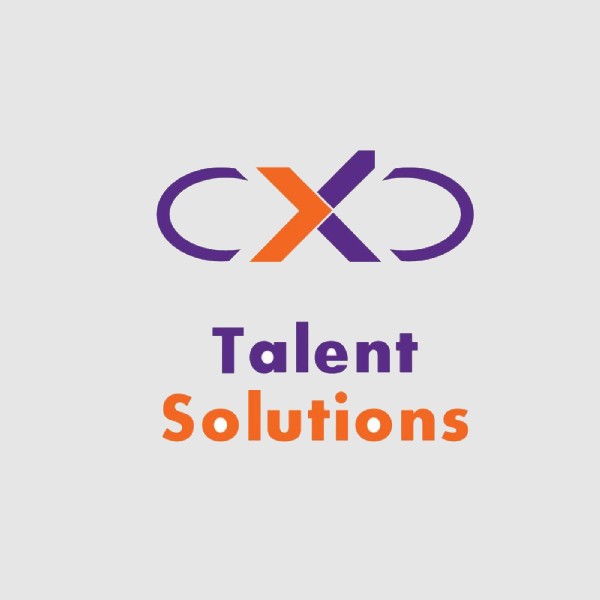It has long been common belief that a college degree not only opens doors to advancement in your chosen field, but also potentially allows you to earn a higher salary than those without degrees.
The contrary point of view is that employers are not simply looking for people with degrees, but for people who have the talent, grit, and passion for a job, plus a unique skill set that has been acquired through the years. An applicant such as this might be valued above a degree holder because of the cost and time it would take to duplicate their skill set in someone else.
In many cases, degrees are still important, but all in all, employers want candidates who have gained experience in their field of choice and taken the time to receive some institutional knowledge about their profession. Perhaps this is why more and more industries are looking favorably at candidates who acquire and maintain certifications within their chosen fields. These certifications show prospective employers that you possess a specialized body of knowledge in a core discipline and that you are up to date with the changes and trends in the industry.
If you’re one of those talented people who does not have a degree, here are a few tips to help you write an excellent resume that will still catch employers’ attention:
Scenario No. 1: You Hold a Certification and/or Have Made Steps Toward Earning a Degree
Let’s say you are a project manager who does not have a degree, but you have made strides toward completing a degree, have worked in the field of project management for the past seven years, and hold a relevant certification.
In the event you have made strides toward completing a degree, do not discount that knowledge. Include it on your professional resume in the education section. Be honest about the name of the institution, area of focus, and the amount of time invested in the program.
If you do not have a degree but hold a certification, you can highlight your certification and years of experience in your resume and communicate how the certification has helped you perform your job more effectively. This can tilt the scale in your favor at the interview table, where you will speak to your accomplishments and demonstrate how your skills can fill a void within the organization.
Scenario No. 2: You Hold No Certification and Have Not Earned a Degree
Let’s say you do not have a degree or certification within your chosen field. Have you completed relevant courses, seminars, or training? If so, add a section to your resume titled “Professional Development” to display this information.
Scenario No. 3: You Have a Partial Degree or Your Degree Is Currently in Progress
Maybe you started a degree, but due to personal circumstances, you did not complete it. Alternatively, perhaps you are currently enrolled in a degree program and still working toward the eventual degree. Simply use the education section to be honest and clear about your status. For example:
Willington Way College
Bachelor of Science Degree, Technology, In Progress: (Anticipated Graduation XXX)
Or:
Willington Way College
Completed three years of Bachelor of Arts program in Marketing (XXX-XXX)
–
The takeaway is that you should not view the lack of a degree as a deal-breaker for your career. If you meet the majority of a position’s requirements except for the educational component, go ahead and submit your most current resume for the job. The prospective employer may view your skills as a fit, and your qualifications may outweigh your lack of a degree.
Focus on the positive aspects of what you have to offer and build on them. Strengthen your professional resume by incorporating quantifiable achievements that place your value in context for the reader. Try adding an “Achievement Snapshot” section with relevant accomplishments in the upper body of your resume, right before the professional experience area. This can make for a compelling showcase of attention-grabbing statements.
Regardless of your degree situation, there is always a way that you can develop a resume that strongly showcases your value and positions you as a good fit for the desired role. Understand that it is crucial that you present your skills and quantify your contributions on your professional resume so that your future employer will consider you a top contender for a prospective job.
Joyce Harold is an award-winning resume writer. She operates Resumes by Joyce.
Joyce Harold is a 20-year human resource executive and an award-winning resume writer, specializing in career consulting, resume writing, and employment resources for clients nationwide. Fluent in English and Spanish, Joyce graduated magna cum laude with an MBA and a dual Bachelor of Arts degree in business administration and human resource management. She is a member of the National Association of Resume Writers, Career Directors International, and the Society for Human Resource Management. Joyce is also a volunteer for 21st Century Leaders, providing academic and workforce guidance to high school students.



